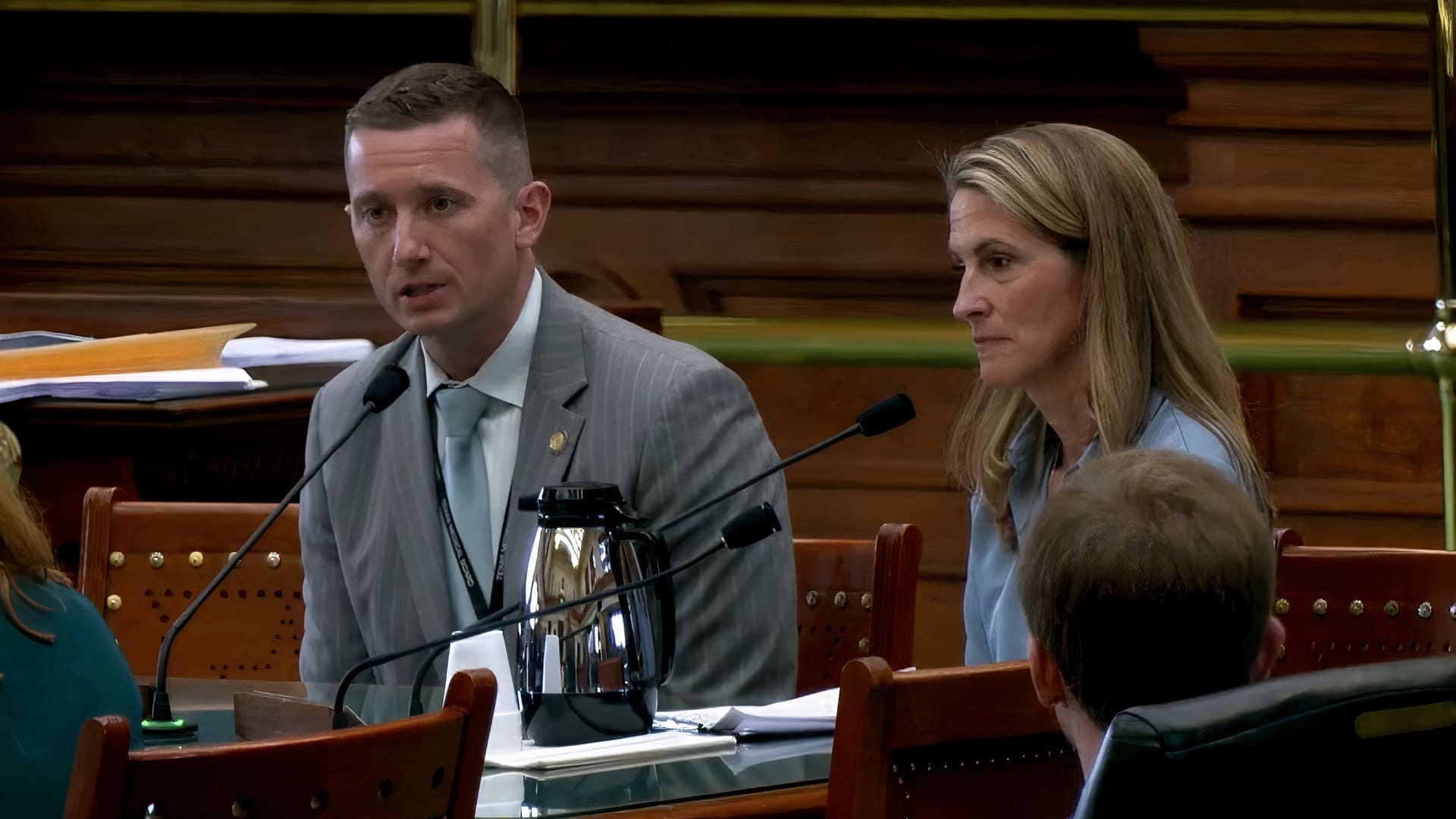With summer right around the corner, Texans better be ready to empty their pockets to pay extra for electricity.
According to the Electric Reliability Council of Texas (ERCOT), energy use from windfarm-generated electricity is now tied with electricity from coal plants. This rise of wind is making headlines and being celebrated by people all through the renewable energy industry.
But the rest of us should be concerned; this development has cost Texans billions of dollars and harmed the reliability of the Texas electricity grid.
The renewable energy industry and local economic development groups often tout the benefits of the renewables boom. For instance, the Greater Houston Partnership says that the “more than 30 wind-related companies” in Houston “employ 766 workers with an average weekly wage of $2,694—the second-highest weekly wage in the nation.”
Those jobs come at a high cost, however.
Through 2016, those 30 companies benefitted from more than $4.2 billion in tax credit subsidies from the federal government. Some directly, like generators NRG/Reliant, BP, Pattern Energy, and EDP Renewables. Others indirectly, like GE Renewable Energy, which sells its wind turbines to the generators at subsidy-supported prices.
That these companies pay high weekly wages, then, should come as no surprise. But those wages are of no benefit to other Houstonians or the 14 million Texas workers who must pay for the subsidies but are not lucky enough to have those jobs.
And the tax credits are just part of what these companies are receiving. Last year, wind and solar generators operating in Texas received an additional $1.1 billion in states and local subsidies.
But these are not the only costs that renewables impose on Texans. The 23,860 MW of installed wind capacity in Texas—more than any other state—also harms Texans because it is unreliable.
The Texas electricity grid needs to run at peak efficiency during hot summer afternoons. Unfortunately, that is when wind energy is at its least efficient. As wind capacity has increased, reserves during peak demand have hit historic lows. We have had several close calls when demand almost exceeded capacity over the last couple of summers.
So far, ERCOT and the Texas Public Utility Commission (PUC) have managed to keep the lights on. In part, though, they have done this by imposing a Texas electricity “tax” on consumers that reached about $3.9 billion last year. The proceeds from this, known as the Operating Demand Curve (ORDC), go straight from Texas consumers to traditional generators and renewable generators already receiving other subsidies.
Other concerns about wind farms have come from economic development officials in Matagorda County who fear that wind turbines will kill and scare off birds, harming their important birding industry. Crop dusters in nearby Wharton County also are worried about their livelihoods.
Then there are property owners in places like Brown County who are seeing their resale prices drop as their once-beautiful vistas become polluted by turbines reaching more than 250 feet into the sky. And homeowners in places like Comanche County often have a hard time getting to sleep because of the noise and light from turbines that surround their homes.
Lobbyists for both traditional and renewable generators are not anxious to see these subsidies go away. We saw this in Washington in December when Congress voted to extend the Production Tax Credit (PTC) for one more year, despite public statements from the renewable industry that it was no longer needed. And the PUC is planning on increasing the ORDC this year.
For Texans, our best hope for eliminating these costs is at the state level. The Texas Legislature controls what subsidies and other benefits that the PUC, ERCOT, and local officials can give to these companies. Policymakers can shut off the spigot to these companies and force them to pay for the reliability costs they impose on the system.
But they will only do it if Texans speak their minds and let policymakers know they want their money back.
This commentary was submitted and published with the author’s permission. If you wish to submit a commentary to Texas Scorecard, please submit your article to submission@texasscorecard.com.





